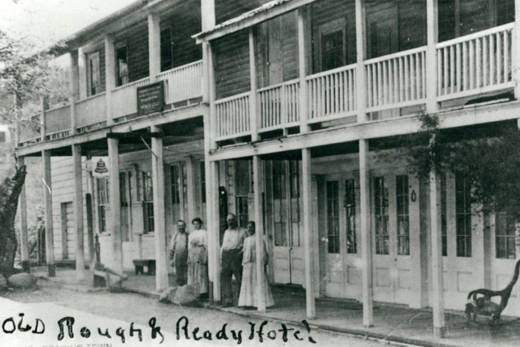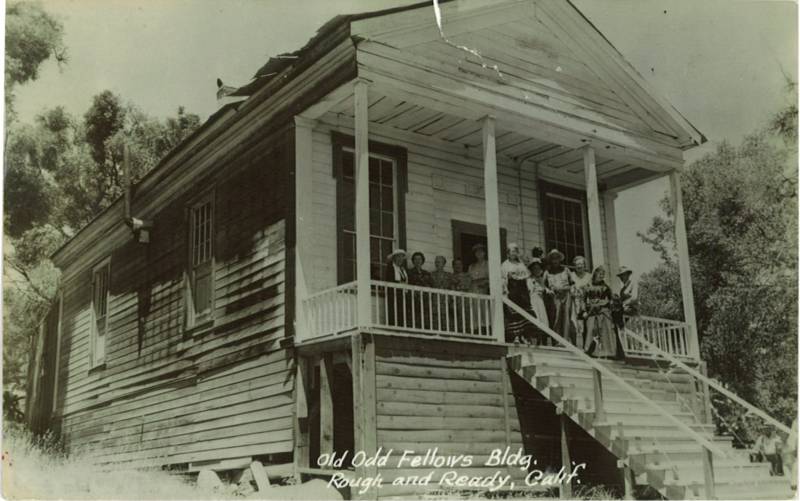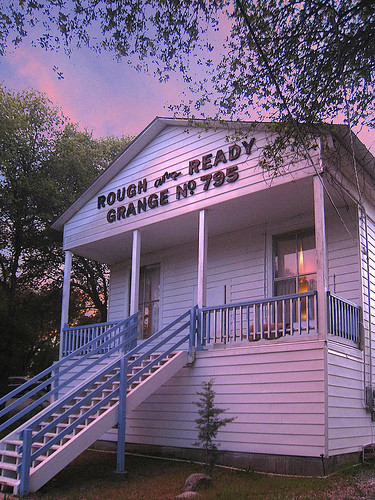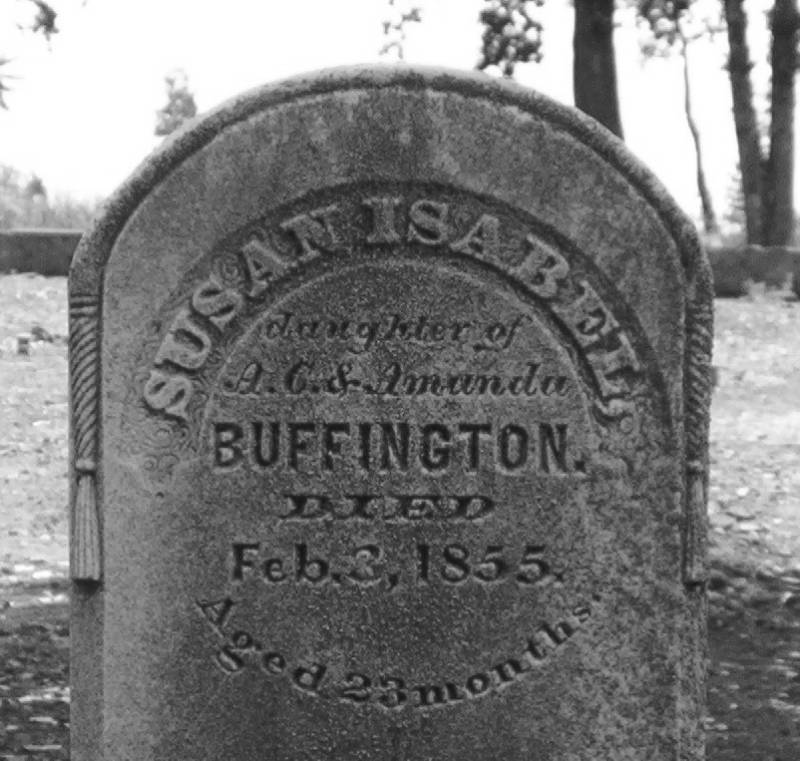This story was originally published in November 2017 as part of The California Report Magazine's "A Place Called What?!" series. It re-aired on July 3rd, 2020 for a special show called "Buckle Up: A (Virtual) Road Trip to CA Hidden Gems."
Jayna Ashcraft and her husband have lived in Rough and Ready for 17 years. But when she tells people where she lives, sometimes they don't believe her.
"They go, 'Are you kidding me?' " Ashcraft says. "When I've ordered stuff from different companies, they call back to double-check, making sure that is in fact Rough and Ready."
To add to the disbelief, the Ashcrafts also live on To Hell and Back Lane. "I think that kind of makes people shocked," she tells me. "Or they laugh. Usually it's a good laugh."
Rough and Ready is a Nevada County town about 5 miles west of Grass Valley, but don't let its size fool you. This tiny place has a big, presidential history.
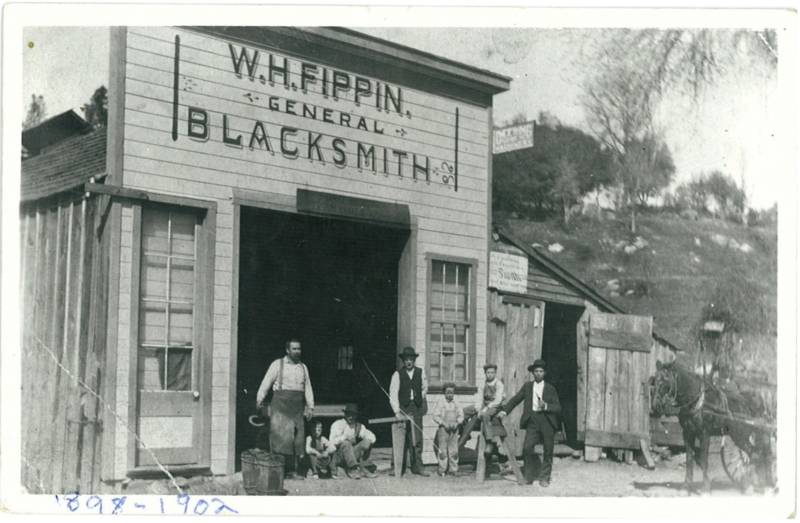
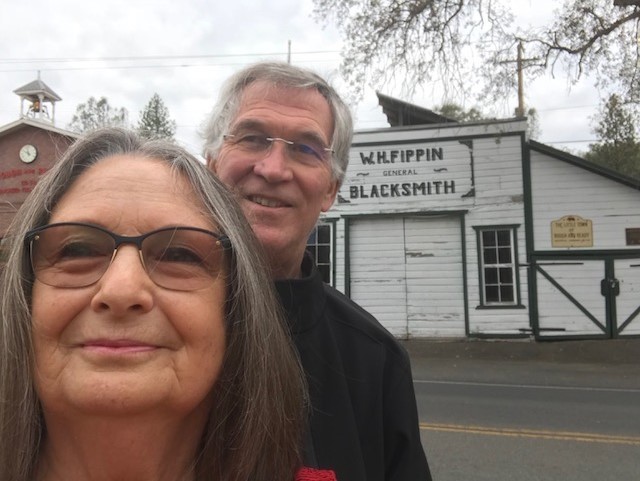
Rough and Ready got its name from Captain A.A. Townsend, who served under President Zachary Taylor, whose nickname was "Old Rough and Ready." When Townsend arrived in 1849 and found some mineable gold, he reported back to his president and named the town after him.
